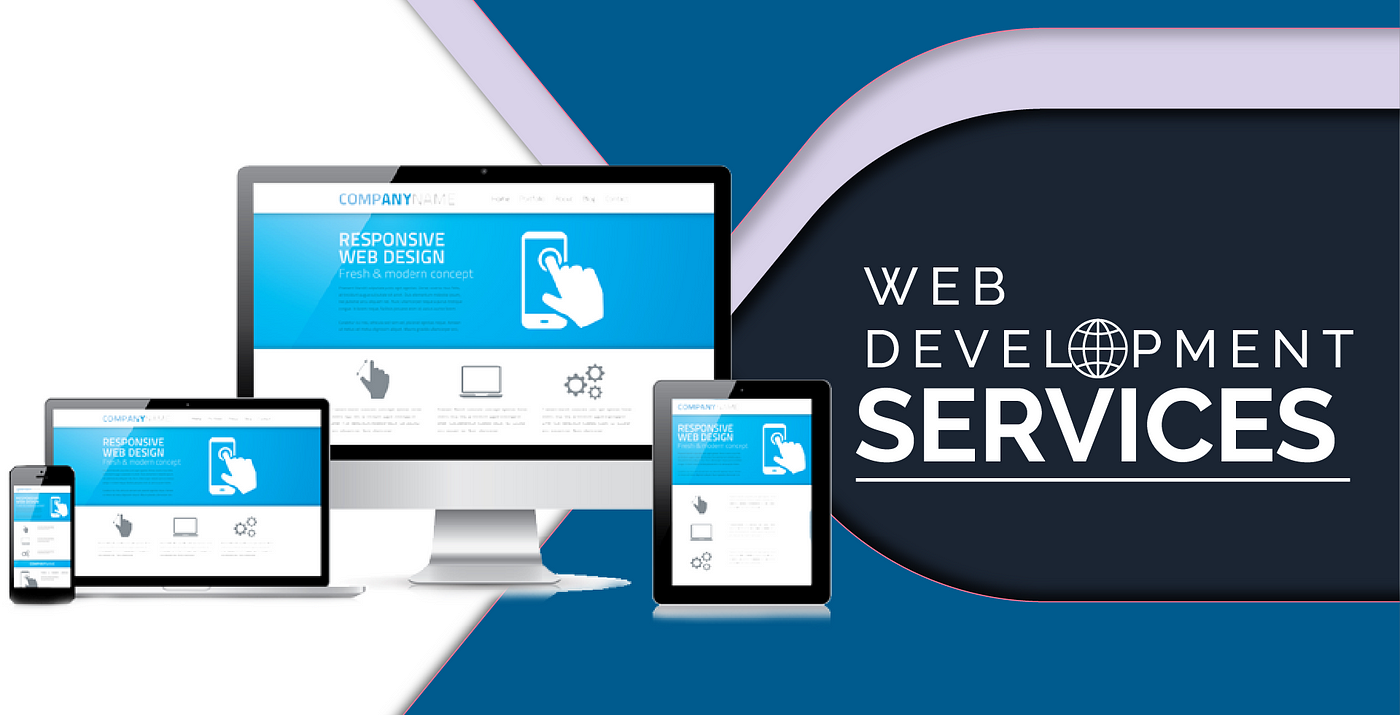
In this digital age, the significance of having a strong online presence cannot be emphasised enough for businesses of all sizes. From small local enterprises to large corporations, a well-designed website plays a crucial role in attracting customers, establishing credibility, and driving growth.
We will explore the importance of websites in business and how they can be a valuable asset for small business owners, tour and travel companies, industrial firms, and many more.
Building Credibility and Trust
In today’s competitive marketplace, consumers often turn to the internet to research products and services before making a purchase. A well-designed website acts as a virtual storefront, giving potential customers a glimpse into your business and what you have to offer. By having an informative and visually appealing website, you can establish credibility and build trust with your target audience.
Key Points
A professional-looking website conveys a sense of legitimacy and professionalism.
Testimonials, customer reviews, and case studies can help build trust and showcase your expertise.
Providing valuable content such as blog posts, how-to guides, and resources can position your business as an authority in your industry.
Increasing Visibility and Reach
Having a website allows your business to be found online by potential customers who are actively searching for products or services that you offer.
With the right search engine optimization (SEO) strategies in place, your website can rank higher in search engine results, increasing your visibility and attracting more organic traffic to your site.
Key Points
An SEO-optimised website can improve your search engine rankings and drive more organic traffic.
Utilising keywords, meta tags, and relevant content can help your website appear in relevant search results.
Leveraging social media platforms to promote your website can further increase your online visibility and reach.
Enhancing Customer Engagement and User Experience
A well-designed website not only attracts visitors but also engages them with compelling content, interactive features, and user-friendly navigation. By providing a seamless browsing experience, you can keep visitors on your site longer, encourage them to explore your offerings, and ultimately convert them into paying customers.
Key Points
Clear and intuitive navigation makes it easy for visitors to find what they are looking for.
Engaging visuals, videos, and interactive elements can capture visitors’ attention and keep them engaged.
Incorporating contact forms, chatbots, and live chat features can facilitate direct communication with customers and improve the overall user experience.
Showcasing Products and Services
For businesses that sell products or offer services, a website serves as a powerful platform to showcase your offerings, highlight their features and benefits, and persuade customers to make a purchase. An e-commerce website enables customers to browse, select, and buy products online, expanding your reach beyond traditional brick-and-mortar stores.
Key Points
High-quality images, detailed product descriptions, and customer reviews can help customers make informed purchasing decisions.
Implementing secure payment gateways and SSL certificates instil confidence in customers to complete transactions.
Offering promotions, discounts, and special deals exclusively on your website can incentivize visitors to make a purchase.
Generating Leads and Conversions
One of the primary goals of a business website is to convert visitors into leads and ultimately into customers. By incorporating lead capture forms, call-to-action buttons, and conversion-focused landing pages, you can encourage visitors to take a desired action, whether it’s signing up for a newsletter, requesting a quote, or making a purchase.
Key Points
Creating compelling offers, such as free trials, e-books, or consultations, can entice visitors to provide their contact information.
Implementing marketing automation tools can help nurture leads through personalised email campaigns and targeted content.
Monitoring website analytics and tracking key performance indicators (KPIs) can help optimise your website for better lead generation and conversion rates.
Increasing Sales and Revenue
Ultimately, the primary objective of a business website is to drive sales and generate revenue. By utilising various online marketing strategies, such as pay-per-click (PPC) advertising, email marketing, and social media promotions, you can attract qualified leads, convert them into customers, and increase your sales potential.
Key Points
Analysing customer behaviour, preferences, and purchasing patterns can help tailor your marketing efforts for better targeting.
Implementing upselling and cross-selling techniques can maximise the value of each customer transaction.
Continuously optimising your website based on user feedback, A/B testing, and performance metrics can lead to higher conversion rates and increased revenue.
Conclusion
A website is a fundamental tool for businesses across all industries to establish an online presence, attract customers, build trust, and drive growth. Small business owners, tour and travel companies, industrial firms, and many more can benefit greatly from having a well-designed and strategically optimised website. By focusing on building credibility, increasing visibility, enhancing customer engagement, showcasing products, generating leads, and increasing sales, businesses can leverage the power of the internet to achieve their goals and thrive in today’s competitive marketplace. If you haven’t already invested in a professional website for your business, now is the time to do so and unlock the endless opportunities it can offer.
![]()

Copyrights © 2008-2024 All Rights Reserved by DipanshuTech Solutions Pvt. Ltd.


Note:This offer is only for international clients.

